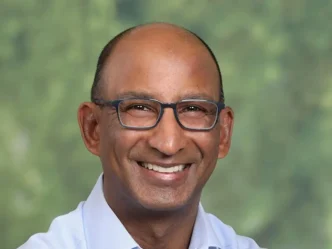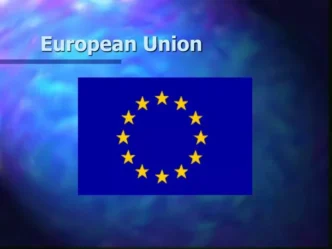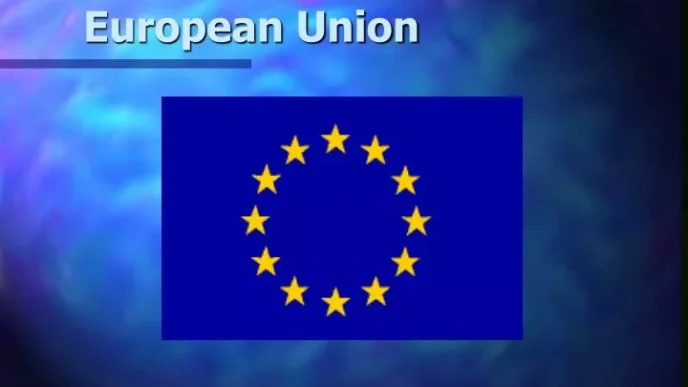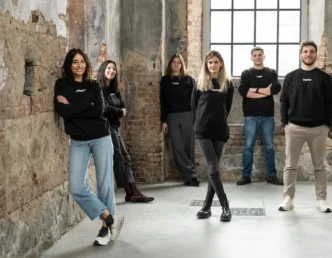A new chapter is opening for early-stage blockchain founders in Europe and beyond, thanks to the launch of Tritemius Fund FCRE I — Spain’s first fully regulated Web3 VC. Backed with an initial €21 million and headquartered in Madrid, the fund aims to support bold entrepreneurs building the next wave of decentralised technologies, from DeFi and privacy tools to tokenisation and digital assets.
Led by Tritemius Capital and advised by Abante, a well-known Spanish asset manager with over €1.5 billion in private markets, the fund doesn’t just offer cash. It delivers access — to mentors, to regulators, and to global markets. It’s a full-stack support system designed to give Web3 founders the tools they often struggle to find: strategic guidance, regulatory insight, and a network that crosses borders.
Backing Web3 Talent Across Europe and Latin America
Tritemius is built around a simple idea — early-stage blockchain startups need more than money. And they often fall through the cracks of traditional VC networks. By targeting companies at the pre-seed to pre-Series A stages, with typical investments around €500,000, the firm offers not just first checks, but long-term commitment. Follow-on funding is baked in.
According to Luis Pastor, co-founder and CEO of Tritemius Capital, this vision is about more than financial backing. “We’re not just funding companies. We’re building a bridge between Europe, Latin America, and the broader blockchain world. We want to stand beside founders and give them what’s usually missing: relevant support, not just a wire transfer.”
One of the key pillars of their investment strategy is founder strength. “In Web3, the team is everything,” Pastor said. “We look for exceptional talent with a real sense of purpose and an understanding of the transformative impact of their tech.”
Authorised, Regulated, and Positioned for Global Impact
Tritemius Fund FCRE I holds full authorisation as a European Venture Capital Fund (EuVECA) under the Spanish financial regulator CNMV. That makes it the only registered VC in Spain with a dedicated focus on blockchain, decentralised finance, digital privacy, cybersecurity, and token-based economies. This level of regulatory clarity provides both credibility and peace of mind for startups and co-investors.
As blockchain technology evolves, so too does the ecosystem around it. From zero-knowledge proofs to decentralised social platforms and DePINs, the infrastructure is maturing. Institutional interest is growing. Regulation is becoming clearer. And that’s the window Tritemius wants to seize.
Deep Blockchain Roots and Institutional Credibility
The Tritemius team is no stranger to blockchain. It includes veterans with over 10 years of experience in digital assets, fintech, and regulatory environments. Its investment committee is stacked with notable names like Lluís Pedragosa Massó, a VC with a 15-year track record in cybersecurity and crypto across the U.S. and Israel; Pablo Romero, formerly of BBVA’s Blockchain division; and John Whelan, a seasoned blockchain advocate and independent advisor.
With this blend of technical, regulatory, and global know-how, Tritemius brings startup-friendly agility with the institutional muscle needed to scale big ideas.
Early Deals Signal Global Intent
The fund is already preparing its first batch of investments. Among them are a cybersecurity platform for decentralised networks based in Spain, a startup using tokenisation to unlock microloans across Spain and Latin America, and a U.S.-Israeli firm focused on digital asset operations.
Each deal reinforces the fund’s global approach and its mission to connect the innovation dots between continents. It’s not just about Spain — it’s about building a pipeline from Latin America to Europe, and from Europe to the world.
To support this mission, the Tritemius team will have boots on the ground at major industry events like Token 2049 (Singapore and Dubai), Merge (Madrid and Buenos Aires), and the European Blockchain Convention in Barcelona.
Looking ahead, the team plans to broaden its scope into deeptech verticals while expanding their venture builder efforts. Their goal? To co-create startups alongside corporations and help them navigate both the frontier of decentralised innovation and the structure of established institutions.
As Pastor put it, “We speak the language of startups — but we also know how to work with regulators, investors, and traditional stakeholders. That’s the balance we aim to offer.”













